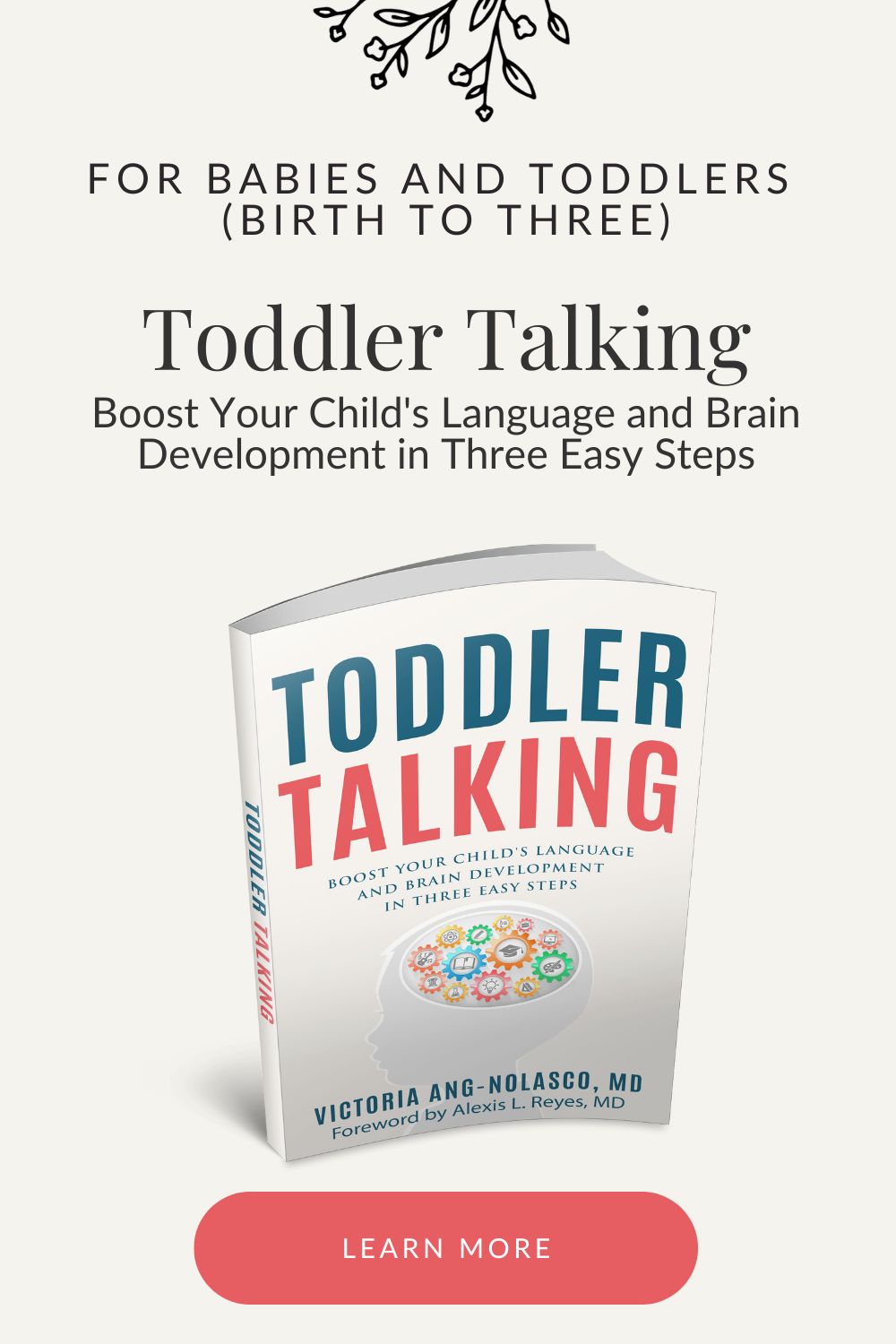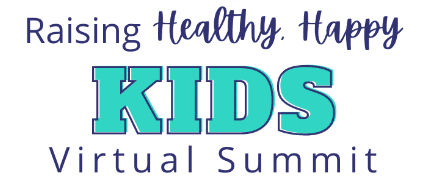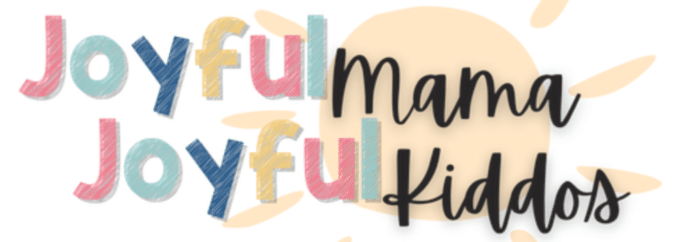It’s my mission to help you find calm and joy in parenting.
We take brain science, child development, and positive parenting principles, and turn them into practical strategies you can actually use in your everyday life as a busy parent.
It’s our mission to empower you to make the transformation from confused to confident, from stressed to joyful.
I’m a developmental and behavioral pediatrician. This means I see kids whose parents worry they may have developmental delays, hyperactivity, tantrums, or learning difficulties.
I’ve also taught pediatrics to medical students and residents, and brain psychology to university students.
But more importantly…
Once upon a time, I was your child.
I remember having tantrums in public, my parents getting embarrassed, whispering, “What will people think?” – and feeling like I’d ruined the day for my family.
Fast forward to when I studied psychology in college, and then went on to specialize in pediatrics, and then developmental and behavioral pediatrics. I learned that tantrums were a normal part of child development.
Had my parents known about a few simple techniques, my tantrums didn’t have to destroy what could have been magical and meaningful family moments.
It was like a big thorn was pulled from my chest. All those years ago, I wasn’t being a naughty child. I did not singlehandedly ruin many of our family’s happy times.
Fast forward to when I became a parent. Despite knowing the strategies, these would fly out the window when I became stressed or upset! It was not until I went through a journey called HeartHealing that I finally realized how the programming I received from early childhood was affecting my ability to become the parent I wanted to be.
I wanted to help parents through the same journey I’ve been through. I decided to focus on parent coaching – and Discerning Parenting was born.

Science
CHILD DEVELOPMENT + POSITIVE PARENTING
Situation
YOU KNOW YOU AND YOUR CHILD BEST
Intuition
GUIDED BY INTUITIVE AND INTEGRATIVE METHODS
Empowering you to make better parenting decisions with calm and confidence.
For every parenting question, and you’ll get HUNDREDS of answers. Do time outs. Don’t do time outs. Teach your toddler to read now. No, it’s too early.
What’s a parent to do?!
Fortunately, parenting advice isn’t a popularity contest. It’s not about second guessing yourself all the time.
Child development research actually gives us the answers. There is a roadmap to follow that tells us what to do. And this actual, research-proven method isn’t as hard as what everyone on the internet is selling!
So why doesn’t everyone do it? One, scientific research isn’t always understandable. If reading the words “case control study” or “meta analysis” make you want to sleep, I feel you.
Two, simple doesn’t sell. You can’t tell moms, “Just play with your child! No need for a toddler curriculum and worksheets!” – and charge thousands of dollars for it.
So you’re made to believe that you need to spend hundreds of dollars to create the “perfect” environment. You’re frightened into spending thousands of dollars on “educational” materials, worrying that otherwise, your child will be rejected in kindergarten.
As parents, we’re made to believe we’ve failed if we can’t do it all. No matter how hard we try, it never feels enough.
It’s time we give ourselves permission to stop chasing after everything that’s popular and doing everything that we’re told we “must” do as parents.
It’s time to move away from Parenting by Popularity™, and practice the Discerning Parenting Way™.
It’s time we look at what science actually says. Real science, and NOT just how it’s been cherry-picked to support whatever someone is selling.
It’s time we recognize the value of a parent’s intuition and a family’s values, environment, and culture. And appreciate that each child is different, so there’s no one-size-fits-all solution to parenting.
Only in this way can we recognize the wonder that is in every child, and empower every parent to make the decisions that are right for them, instead of making every child and family fit some mold or narrow viewpoint that society places on them.
Certified Provider











